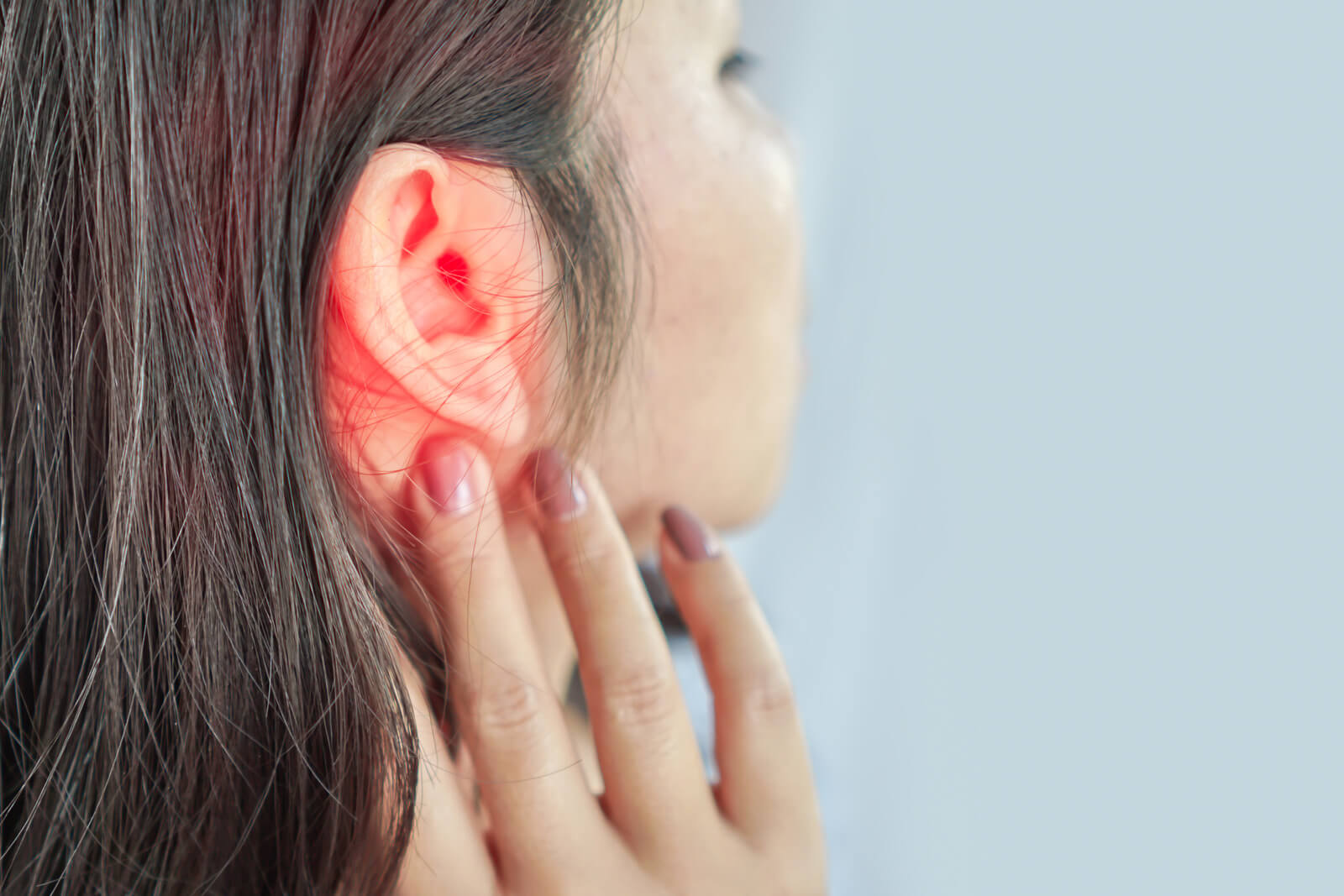Hearing sounds that are not coming from outside the body is essentially known as tinnitus. Although many people experience what is commonly called “ringing in the ears”, other sounds may also be present.
The presence of continuous noise in the head, such as ringing in the ears, is not typically an indication of a serious illness, but it can be quite frustrating. We explore how you can lessen its impact, what the possible causes may be and tinnitus treatments at the Advanced Hearing Aid Centre.
What Is Tinnitus?
Tinnitus is an internal ringing or buzzing that can’t be located or explained by any external cause. Many people hear a ringing sound; others hear whistling, hissing, humming, roaring, or screeching. The source of the sound could be close or far, inside or outside the skull. It can be steady or pulsing, intermittent or persistent.
Some may hear sounds that resemble music or singing, while others may experience rhythmic pounding in tune with their heartbeat (pulsatile tinnitus). It’s possible that you’ve become either more sensitive to normal sounds or that your hearing isn’t as sharp as it once was (hyperacusis).
Should You Be Concerned About Tinnitus?
Most cases of tinnitus have no significant cause. It may be temporary and mild for some people. However, for some, it can have serious consequences, including being extremely upsetting, hindering attention and causing issues like insomnia and melancholy.
However, there’s good news! Tinnitus often improves with time, either because it goes away or because the body becomes used to it (habituation). You should seek medical attention to determine whether there is a treatable underlying cause and to learn a few coping mechanisms.
What Are The Causes Of Tinnitus?
It is unknown exactly what causes a person to “hear” sounds without an external source. However, tinnitus can be a symptom of virtually any ear disorder, such as:
- Hearing loss
- Age-related hearing loss
- Ear infections
- Ear wax buildup
- Inner ear damage
- Foreign objects in the ear
- Vertigo
- Ménière’s disease
How To Ease The Symptoms Of Tinnitus On Your Own
- Learn to relax
- Get enough rest
- Include magnesium in your diet
- Protect your ears from harmful sounds
- Wear earplugs when in loud surroundings
- Avoid caffeine, alcohol and smoking
If the tinnitus symptoms persist or worsen, you should seek advice and help from a medical professional, such as a hearing specialist. Consulting your hearing specialist will bring peace of mind and they can assist you professionally with treatments such as sound therapy, cognitive behavioural therapy (CBT) or tinnitus retraining therapy (TRT).
At the Advanced Hearing Aid Centre, we specialise in all hearing and tinnitus treatments and have years of experience and practice in assisting and healing our patients. Contact us today to book an appointment.

